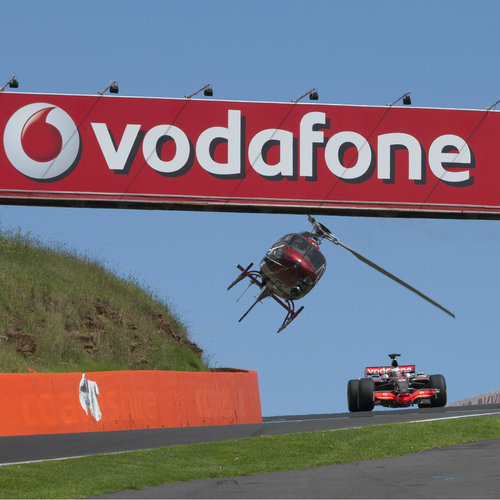
Also in today's EMEA regional roundup: Ofcom tweaks universal service rules; Telia helps in emissions fight; Colt innovates in recycling of e-waste.
Vodafone, Nokia and Mavenir have joined forces with the German Federal Ministry of Transport and Digital Infrastructure to pursue a new project to transform Saxony's Plauen into what the participants are dubbing an "open RAN city." Plauen, previously best known as a major producer of fine lace and embroidery, will host field tests of open RAN, covering both 4G and 5G technologies with Massive MIMO capabilities. Vodafone is supplying the network, Nokia its RAN Intelligent Controller (RIC) platform and Mavenir an open RAN-compliant 4G and 5G system.
Ofcom, the UK communications regulator, has tweaked its rules on broadband universal service obligations, forcing BT to inform customers of the full cost of their connection under the terms of the universal service scheme before they start digging. Which seems fair enough. Under the scheme, which is intended to provide those households in locations deemed unviable to be included in a general broadband rollout with a connection, BT pays the cost of connecting eligible properties, provided the cost is £3,400 or less. If the required work costs more, the customer can choose to pay the difference and costs may be shared among other customers who could use the same broadband infrastructure.
Nordic operator Telia has launched a service which it says will help municipalities measure CO2 emissions from road traffic and other people movements and enable them to make more informed decisions on city planning and so on. The service, called Telia Travel Emission Insights, is based on anonymized and aggregated mobile network data from 16 million Telia subscribers in the Nordics and Baltics. The Järfälla district in north-east Stockholm, which has 80,000 inhabitants, is the first to use the service.
UK-based Colt Technology Services is working with IT recycling company N2S on a new process that it describes as an "environmentally considerate" way of extracting precious metals from electronic waste. Called bioleaching, the process involves ball-milling the materials found in unwanted smartphones and such to reduce them to powder before non-metallic elements are removed and an Inductively Coupled Plasma-Atomic Emission Spectrometer (every home should have one) is used to identify what's left.
Thought phone stores were just there to sell mobile phones and the occasional tablet? That's so 2020. At least, that's what UK operator EE clearly believes, because it has opened a new "concept store" in central London that it hopes will act as a "hub" for local communities. The store, located within BT's new London headquarters at One Braham, features a bookable event space for use by the local community as well as more sales-oriented interactive zones where the locals (and presumably non-locals) can try out the full gamut of new gizmos, from games consoles to fitness gear. Customers will also be able to book two-hour in-store repairs and recycle unwanted tech. If the new-look store is deemed a success, it may be rolled out elsewhere. Figure 1:
 'Are you going to buy that or what?'
'Are you going to buy that or what?'
(Source: EE)— Paul Rainford, Assistant Editor, Europe, Light Reading
Read more about:
EuropeAbout the Author(s)
You May Also Like












